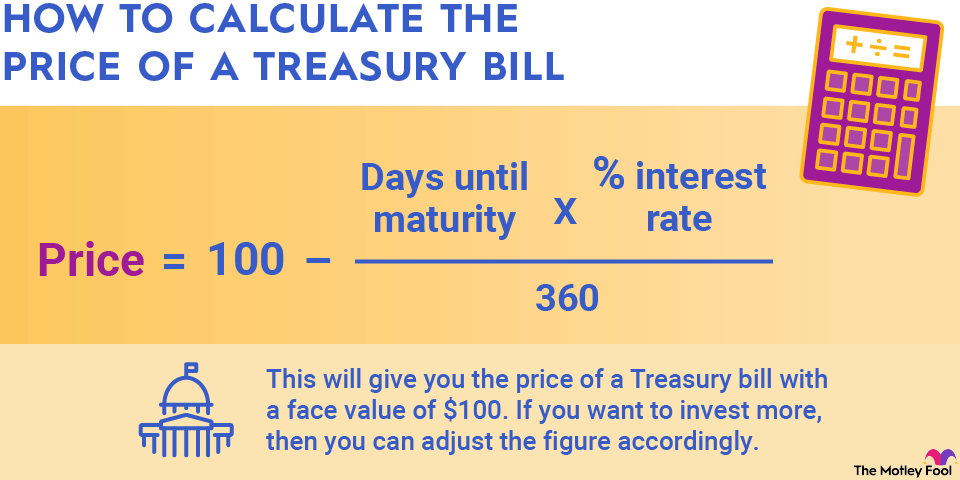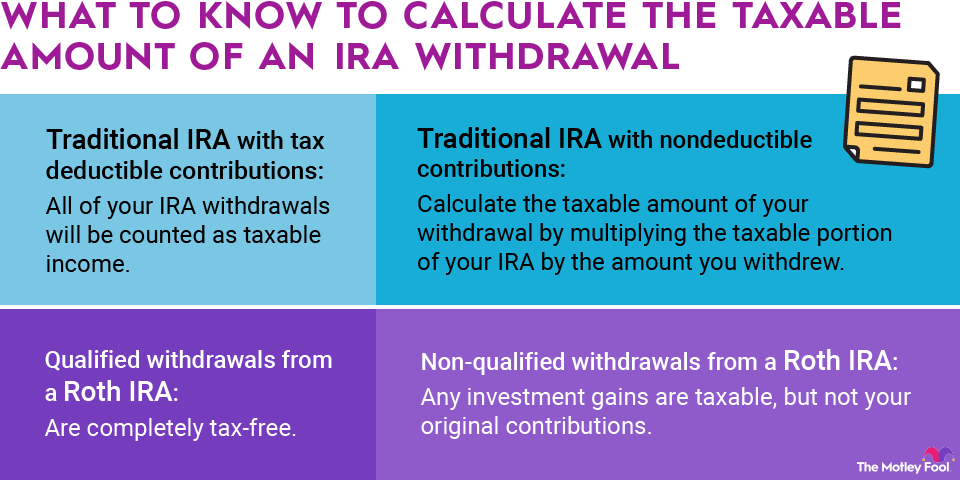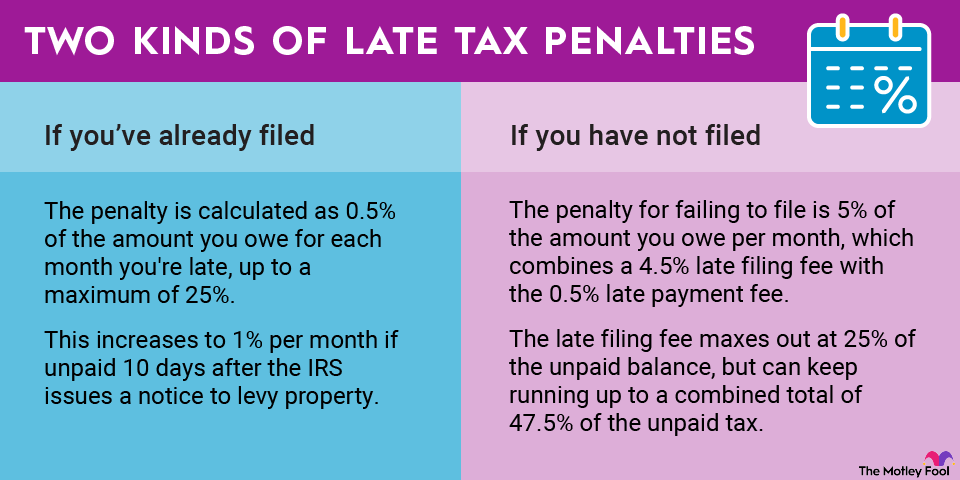Many large public companies today own significant portions of other companies, many of which can be a huge driver of the stock's performance over time. For the typical investor, calculating the minority interest share in a subsidiary can be confusing given the complex accounting, unique jargon, and various structures involved in these scenarios.
The first step to unraveling these ownership positions is to understand the basics.

Subsidiaries and majority owners — a few key definitions and concepts
A subsidiary is a separate company owned by another company, called the parent company. Subsidiary companies are sometimes known as divisions, business lines, or business units, especially when the parent company owns 100% of the company. A subsidiary doesn't necessarily have to be owned 100% by the parent company — in order to qualify as a subsidiary, at least 51% of the company must be owned by a parent company.
If the parent company owns more than 50% of the subsidiary's stock, then the parent is said to have a controlling interest in the subsidiary. With 50% or more control, the parent company cannot be outvoted by the other investors, giving them the same level of control over the subsidiary as it would have with 100% ownership.
Parent companies must maintain separate books between the parent and subsidiary. That means separate bank accounts, separate expenses, separate revenues, and separate profits, losses, and dividends.
However, for management and investors to get a true picture of the parent company's performance, accountants must also prepare consolidated financial statements. These financial statements combine the financials of the parent and the subsidiary, eliminate any intra-company transactions to remove redundancy, and present the financial performance of the parent company as a whole.
Minority share interests are very different. When the parent company owns less than 50% of the subsidiary, that ownership is known as a minority interest share.
If another shareholder has a controlling interest greater than 51% of the ownership, then the minority shareholders have no real control over the company's management and are essentially just along for the ride. No matter how they vote on corporate issues, the controlling company will always outvote them. Because of this mathematical fact, minority shareholders are often called passive investors because of their lack of control.
For companies without a controlling interest, minority shareholders can wield much greater power by voting their own directors and influencing policies in the absence of a majority voter.
On the accounting side, a minority shareholder will not include the subsidiary company's financials in its consolidated financial statements so long as it's a passive investor. In that case, only the dividends from the subsidiary would be included. However, if the minority shareholders can exert influence because there is no controlling interest, then dividends and a pro-rata percentage of the subsidiary's income will be included.


















